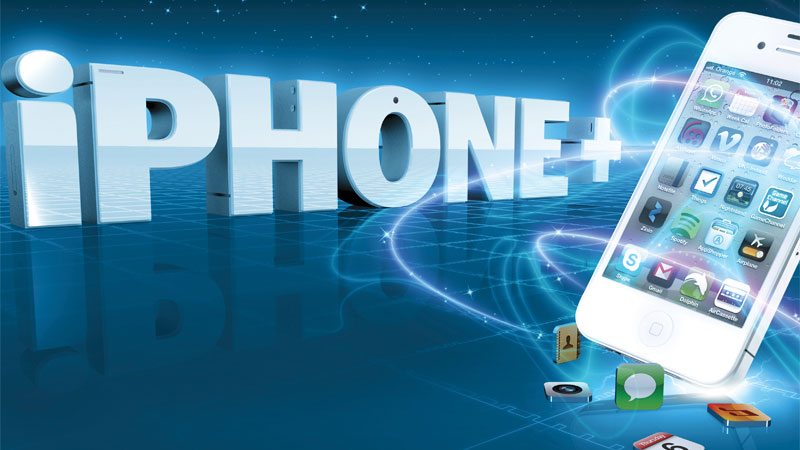Why Apple will have to start making cheaper iPhones
Huge profits need huge sales

There's no doubt that Apple will be forced into making a lower cost iPhone – but that doesn't mean it will be rubbish.
I've been arguing back and forth with a number of noted voices in the technology community about whether Apple is really going to bring out a cheap iPhone – and it's fair to say opinion is divided.
For those that haven't seen, this eternal brouhaha has been brought to the surface once more by the Wall Street Journal's claim that people 'briefed in the matter' told it that plans to bring out a lower-cost handset are progressing.
This would allow Apple to compete with the budget handsets that are powering through developing nations, into the hands of those seeking to jump on the smartphone bandwagon now they can afford to do so.
However Phil Schiller chatted to the Chinese paper Shanghai Evening News, and surprisingly spoke candidly on the subject of budget smartphones. He said that cheap smartphones would never be Apple's product development direction. "Although Apple's market share of smartphones is just about 20 per cent, we own 75 per cent of the profit," he added.
Cheap = bad?
Some people have speculated that a cheap iPhone would use lower-cost materials, something that Schiller took exception to. He noted that with things like the Retina display or aluminium chassis show that Apple will always look to the higher-end of the materials to bring the Apple 'ethos' to its products.
The issue Apple is going to have to face is that the smartphone market is set to change rapidly in the next few years, evolving into an almost unrecognisable user base.
Get daily insight, inspiration and deals in your inbox
Sign up for breaking news, reviews, opinion, top tech deals, and more.
Nathan Eagle, founder of Jana, which uses text messaging and mobile web surveys in remote parts of the planet to gain market data, told TechRadar he believes that Android's dominance is almost unstoppable, pointing to the low-cost handsets available using the OS and the 5 billion feature phones in the market that are likely to be upgraded to smartphones over the next half-decade.
There's no doubt that the emerging market is going to be a crucial battleground for manufacturers. IDC predicts that while the market share for Android will stagnate over the next few years, this isn't a bad thing given the user base will be an order of magnitude higher by 2016.

Apple, on the other hand, will see its hold on the market shifted somewhat as the likes of Windows Phone make inroads to the developing nations; already Nokia has seen modest success with its low-cost Lumia range in China, and the trend is continuing around the world.
"We believe that the high-end smartphone market (above $400 USD off contract) for [calendar year 2013] will be about 320 million units, of which we believe Apple will capture 50% market share," Gene Munster, analyst at Piper Jaffray, said.
"We believe this means Apple is missing the other 65% of the market, or 580 million units, given its current product lineup without the lower priced phone."
Add in elements like Firefox OS and the efforts of brands like ZTE and Huawei, all of which are capable of providing higher-end specs and experiences at low prices, and you can see why Apple could be forced to react.
China bright
China is a smartphone market that many are talking about as a key battleground in the near future, and that makes sense given its economy is growing at a rapid rate.
Samsung is currently leading the way in this region, although Lenovo - a relatively unheard of brand in the handset space outside of its native China - is intent on taking that slot away. Apple has around 80% less market share than Samsung, albeit with only three of its six-strong iPhone range actually launching in the country and it still hasn't offered a model that can run on 3G networks, which would clearly hold back sales.

Gareth has been part of the consumer technology world in a career spanning three decades. He started life as a staff writer on the fledgling TechRadar, and has grew with the site (primarily as phones, tablets and wearables editor) until becoming Global Editor in Chief in 2018. Gareth has written over 4,000 articles for TechRadar, has contributed expert insight to a number of other publications, chaired panels on zeitgeist technologies, presented at the Gadget Show Live as well as representing the brand on TV and radio for multiple channels including Sky, BBC, ITV and Al-Jazeera. Passionate about fitness, he can bore anyone rigid about stress management, sleep tracking, heart rate variance as well as bemoaning something about the latest iPhone, Galaxy or OLED TV.